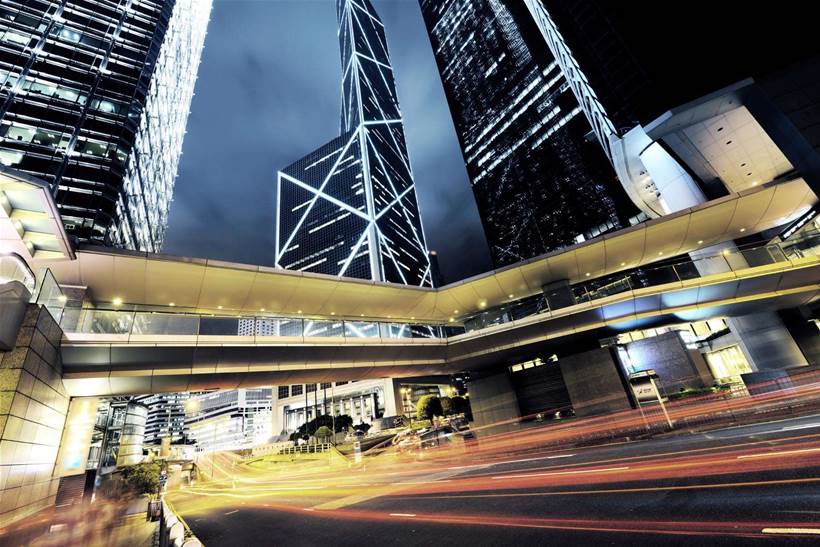Adelaide's former Lord Mayor Stephen Yarwood is on a mission to change the way governments and elected officials think about the future of cities.
His vehicle for the mission is a consulting startup called city2050, which builds on some of the thinking he brought to Adelaide in his four years running the city.
"I'm a town planner by trade who got sick and tired of giving good advice to elected members I didn't necessarily think understood the future," Yarwood told an IDC enterprise mobility conference in Sydney.
"I was genuinely concerned that the leaders of our cities, our states and our nation, were extrapolating the past to create the future."
He sees two types of cities in the future - which he loosely classifies as "old" and "new economies". One of the main differences between them is in their approach: so-called new economies will be people-centric and built on great use of data, potentially in - or close to - real time.
"Building cities isn't about infrastructure - it's not about cars, bicycles, small bars and parks - it's about people," Yarwood said.
He encouraged service providers to future cities to really think about "the outcomes and influences" those services might have on how people experienced a particular city. In effect, let people define what it is they want from a city experience.
"As a [former] Lord Mayor one thing I can guarantee you is you can never tell people what to do," Yarwood said.
"You have to provide a platform and environment to give them the opportunity to live more effectively, productively and creatively and enjoy their life."
Real-time data
Underpinning that platform is likely to be great use of city data - and changes need to occur in that arena.
"As an urban planner and [former] Lord Mayor I can tell you the data we were getting is weeks, months, years old right now," he said.
"You don't sit in front of a screen that's live and see where things are happening."
Having access to more real-time information would help city managers and planners to adapt to the city's ebbs and flows.
"For example, by understanding how people move through cities, you can place certain infrastructure or know where to spend money on improving a footpath or providing better lighting," Yarwood said.
It could also enable time-of-day charging to encourage changes in city dwellers' patterns of behaviour.
For example, when parking spaces were full, public transport prices could be reduced to coax people from their cars and stop more cars coming into an area where there was no available parking.
"There's an infinite array of possibilities that's about to become real-time management of cities."
Technology drives liveability
Yarwood is keen to influence the experience that people have in a city.
"It's about having a city that is relevant and a city that people want to spend more time in and ultimately more money to create businesses of the future," he said.
Cities that did not embrace change or invest in technology would find it hard to retain young populations necessary to drive growth opportunities, he predicted.
"Old economies are environments where young people hate to be," Yarwood said.
"We've got to start thinking much more effectively about creating entrepreneurial ecosystems, attracting the best and brightest from around the world and being an environment that's creative, interesting, dynamic and that actually inspires these people to be part of the solution."










